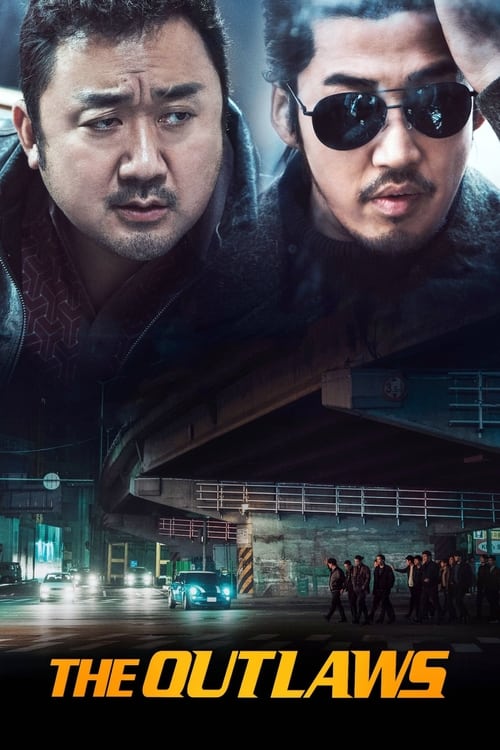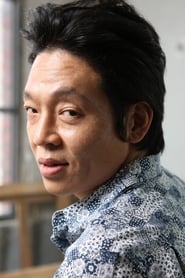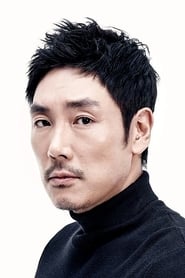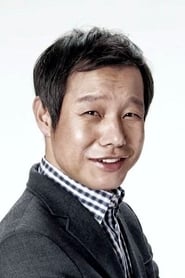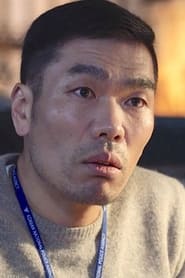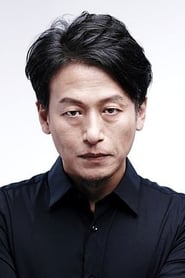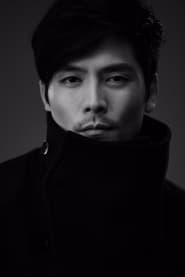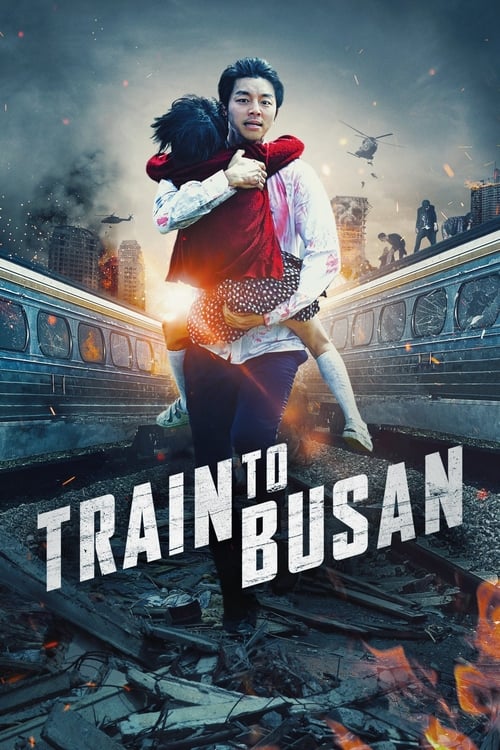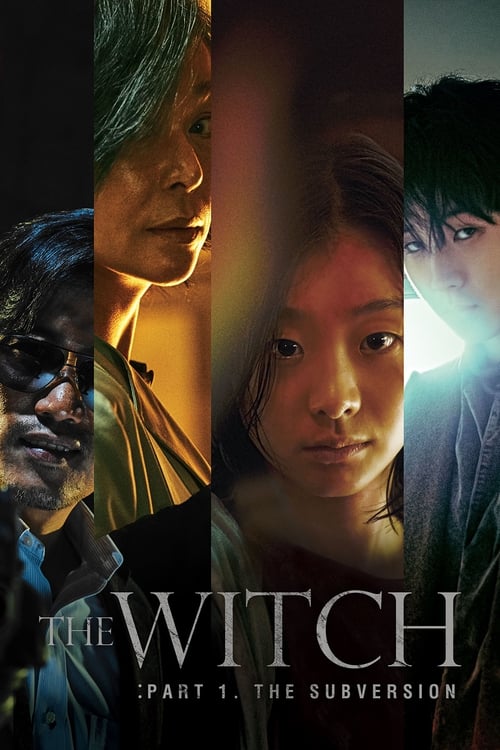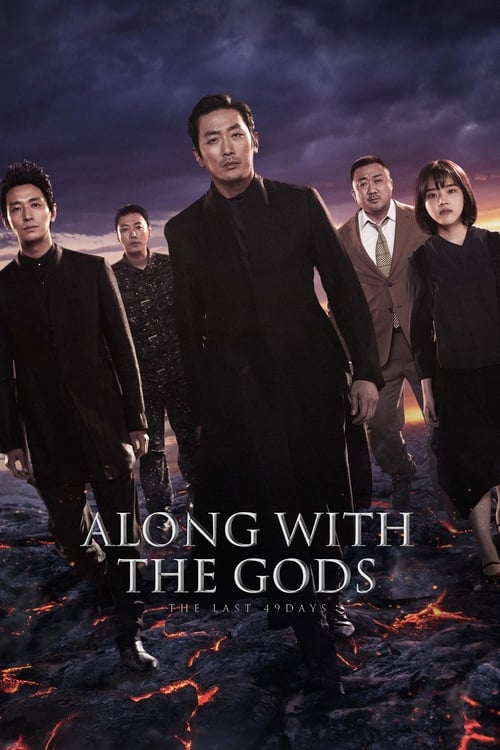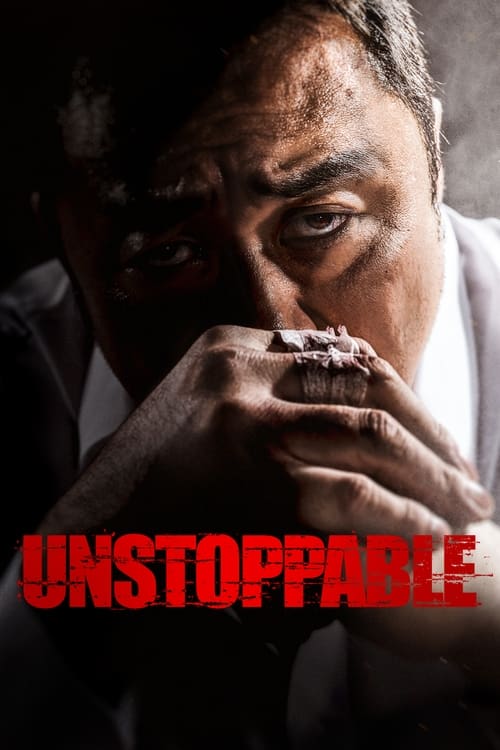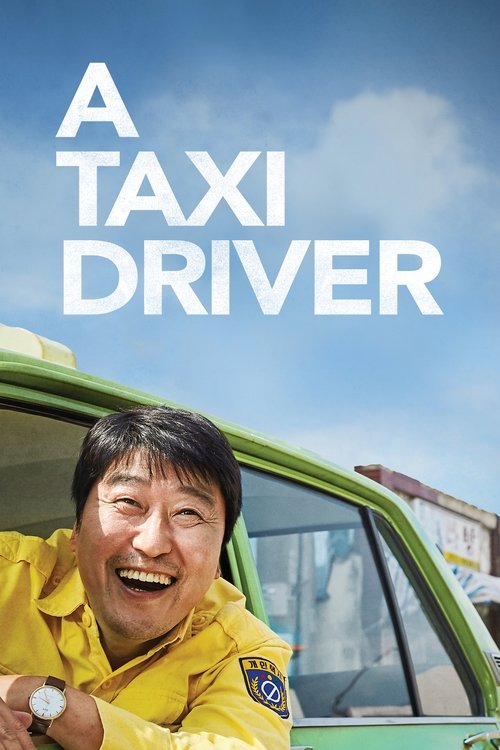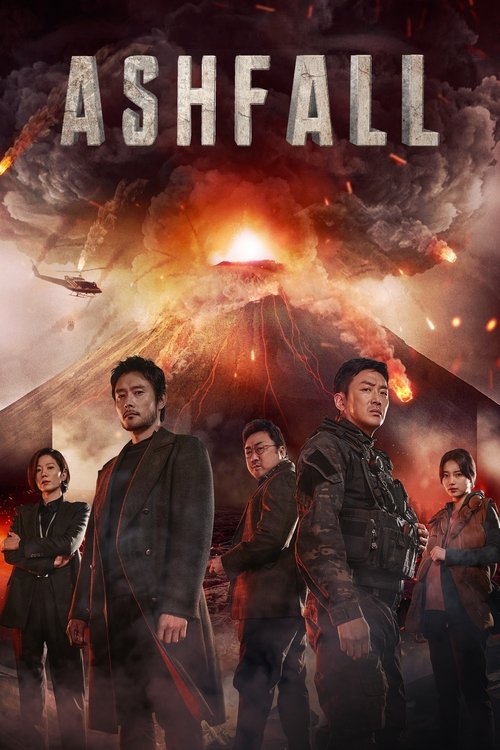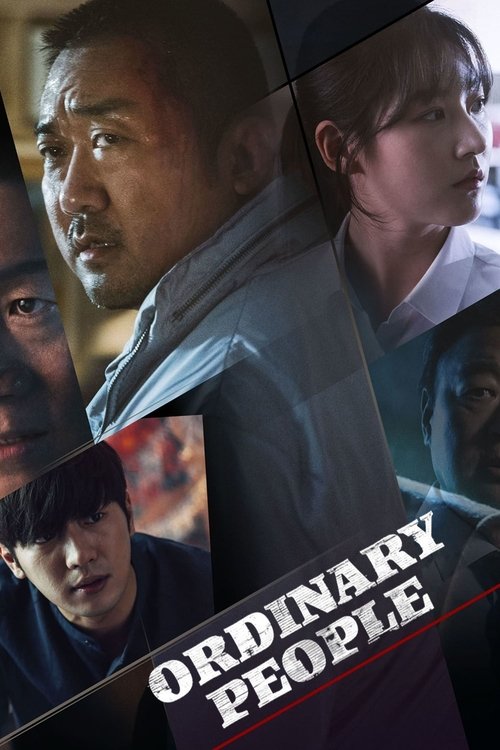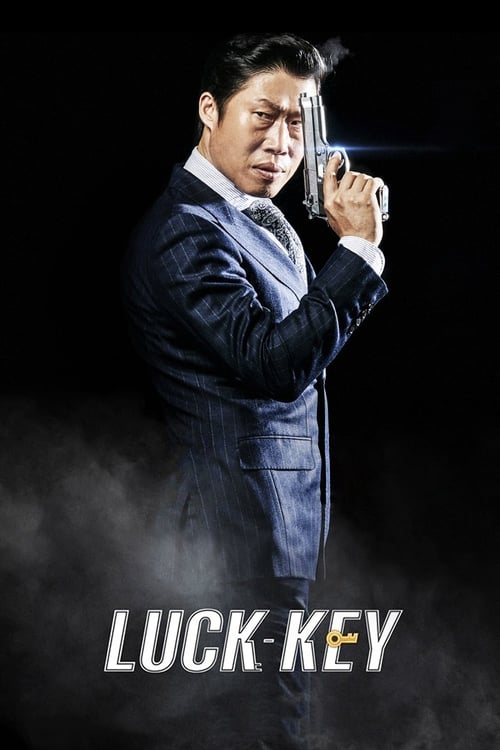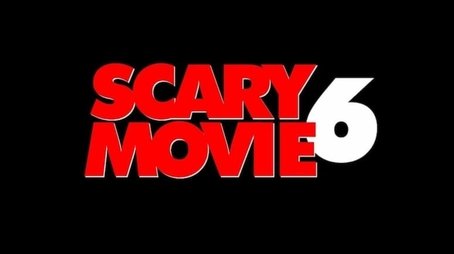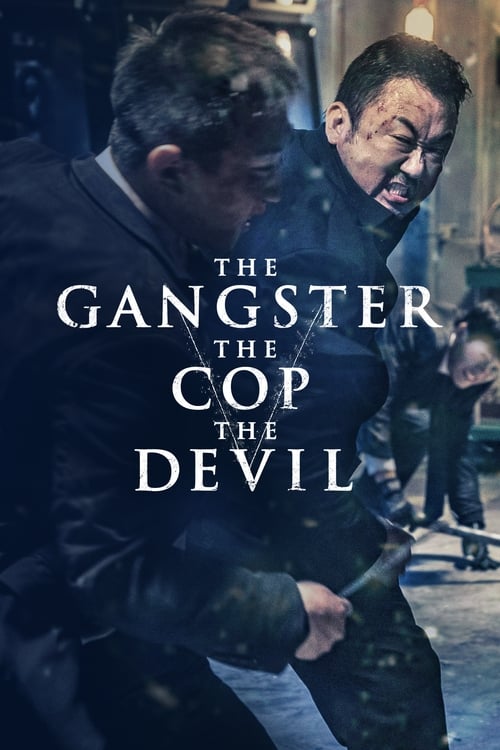
Ask Your Own Question
What is the plot?
Sorry, we aren't able to watch and write up a full detailed plot yet. Check back in a few days.
What is the ending?
In the ending of "The Outlaws," the main character, Detective Ma Seok-do, confronts the gang leader, Jang Chen, in a climactic showdown. After a tense battle, Ma Seok-do manages to apprehend Jang Chen, leading to a resolution of the gang's reign of terror. The film concludes with Ma Seok-do reflecting on the cost of his pursuit of justice, as he grapples with the personal sacrifices made along the way.
As the film approaches its climax, the tension escalates in the bustling streets of Seoul. Detective Ma Seok-do, portrayed with a mix of determination and weariness, prepares for the final confrontation with the notorious gang led by Jang Chen. The atmosphere is thick with anticipation, as the stakes have never been higher. Ma Seok-do, having lost colleagues and faced numerous challenges, is driven by a deep sense of duty and a desire for justice.
In a dimly lit warehouse, the scene shifts to a showdown between Ma Seok-do and Jang Chen. The air is charged with adrenaline as the two men face off, each representing opposing forces in a battle that has been brewing throughout the film. Ma Seok-do's resolve is palpable; he is not just fighting for the law but also for the memory of those who have fallen victim to the gang's violence. Jang Chen, on the other hand, exudes a cold confidence, embodying the chaos and lawlessness that has plagued the city.
The fight is brutal and intense, showcasing the physicality of both characters. Ma Seok-do, despite his exhaustion, channels his inner strength, fueled by the memories of his fallen comrades. The choreography of the fight is visceral, with each punch and kick resonating with the weight of their respective motivations. As the battle rages on, the camera captures the raw emotions on their faces--Ma Seok-do's determination and Jang Chen's defiance.
In a pivotal moment, Ma Seok-do gains the upper hand, using his tactical skills to outmaneuver Jang Chen. The climax reaches its peak as Ma Seok-do finally subdues the gang leader, handcuffing him and bringing an end to the chaos that has gripped the city. The victory is bittersweet; while justice is served, the toll of the journey weighs heavily on Ma Seok-do's shoulders.
As the dust settles, the film transitions to a reflective moment. Ma Seok-do stands outside the warehouse, looking out at the city he has fought to protect. The camera lingers on his face, revealing a mixture of relief and sorrow. He has achieved his goal, but at what cost? The sacrifices made along the way haunt him, and the emotional burden of his choices is evident.
In the final scenes, the fates of the main characters are revealed. Ma Seok-do, though victorious, is left to grapple with the loss of his colleagues and the impact of the violence he has witnessed. Jang Chen, now in custody, represents the remnants of a criminal empire that has been dismantled, but his presence lingers as a reminder of the ongoing struggle between law and chaos.
The film concludes with a sense of unresolved tension, highlighting the complexities of justice and the personal sacrifices made by those who seek it. Ma Seok-do walks away from the scene, a solitary figure against the backdrop of the city, embodying the ongoing fight against crime and the emotional toll it takes on those who serve. The screen fades to black, leaving the audience to ponder the implications of the story and the characters' journeys.
Is there a post-credit scene?
In the movie "The Outlaws" (2017), there is no post-credit scene. The film concludes its narrative without any additional scenes or content after the credits roll. The story wraps up with the resolution of the main plot, focusing on the characters' fates and the consequences of their actions throughout the film. The absence of a post-credit scene allows the audience to reflect on the intense and dramatic events that have unfolded, leaving a lasting impression of the film's themes of loyalty, betrayal, and the complexities of crime.
What motivates the character of Ma Seok-do in The Outlaws?
Ma Seok-do, played by Don Lee, is a tough and determined detective who is driven by a strong sense of justice and a desire to protect his community from crime. His motivation is deeply rooted in his past experiences with crime and violence, which fuels his relentless pursuit of the gang led by Jang Chen.
How does the relationship between Ma Seok-do and his team evolve throughout the film?
Throughout The Outlaws, the relationship between Ma Seok-do and his team members develops from a sense of camaraderie to a deeper bond forged through shared struggles. Initially, there is tension and a lack of trust, but as they face the violent gang together, they learn to rely on each other, showcasing loyalty and teamwork.
What role does Jang Chen play in the conflict of The Outlaws?
Jang Chen, portrayed by Yoon Kye-sang, is the main antagonist of The Outlaws. He is a ruthless and cunning gang leader whose violent methods and disregard for human life create chaos in the city. His character embodies the threat that Ma Seok-do and his team must confront, driving the central conflict of the film.
How does the film depict the theme of loyalty among the characters?
Loyalty is a recurring theme in The Outlaws, particularly illustrated through the interactions between Ma Seok-do and his team. As they face increasing danger from Jang Chen's gang, moments of sacrifice and support highlight their commitment to one another, emphasizing that their loyalty is not just to the law, but to each other as friends and colleagues.
What are the key turning points in the investigation led by Ma Seok-do?
Key turning points in Ma Seok-do's investigation include the discovery of the gang's brutal methods, the infiltration of their operations, and the escalating violence that forces Ma to confront his own limits. Each turning point raises the stakes, leading to intense confrontations that challenge Ma's resolve and strategy.
Is this family friendly?
"The Outlaws," a 2017 South Korean action film, is not considered family-friendly due to its intense themes and graphic content. Here are some potentially objectionable or upsetting aspects:
-
Violence: The film features numerous violent scenes, including shootouts and physical confrontations that can be quite graphic and intense.
-
Crime Themes: The narrative revolves around organized crime, which may not be suitable for younger audiences. It includes depictions of gang activities and illegal operations.
-
Strong Language: There is frequent use of strong language throughout the film, which may be inappropriate for children.
-
Mature Themes: The film explores themes of betrayal, loyalty, and moral ambiguity, which may be complex and unsettling for younger viewers.
-
Emotional Turmoil: Characters experience significant emotional distress, including loss and betrayal, which could be upsetting for sensitive viewers.
Overall, the film's content is geared towards an adult audience and may not be suitable for children or those who are sensitive to violence and mature themes.

